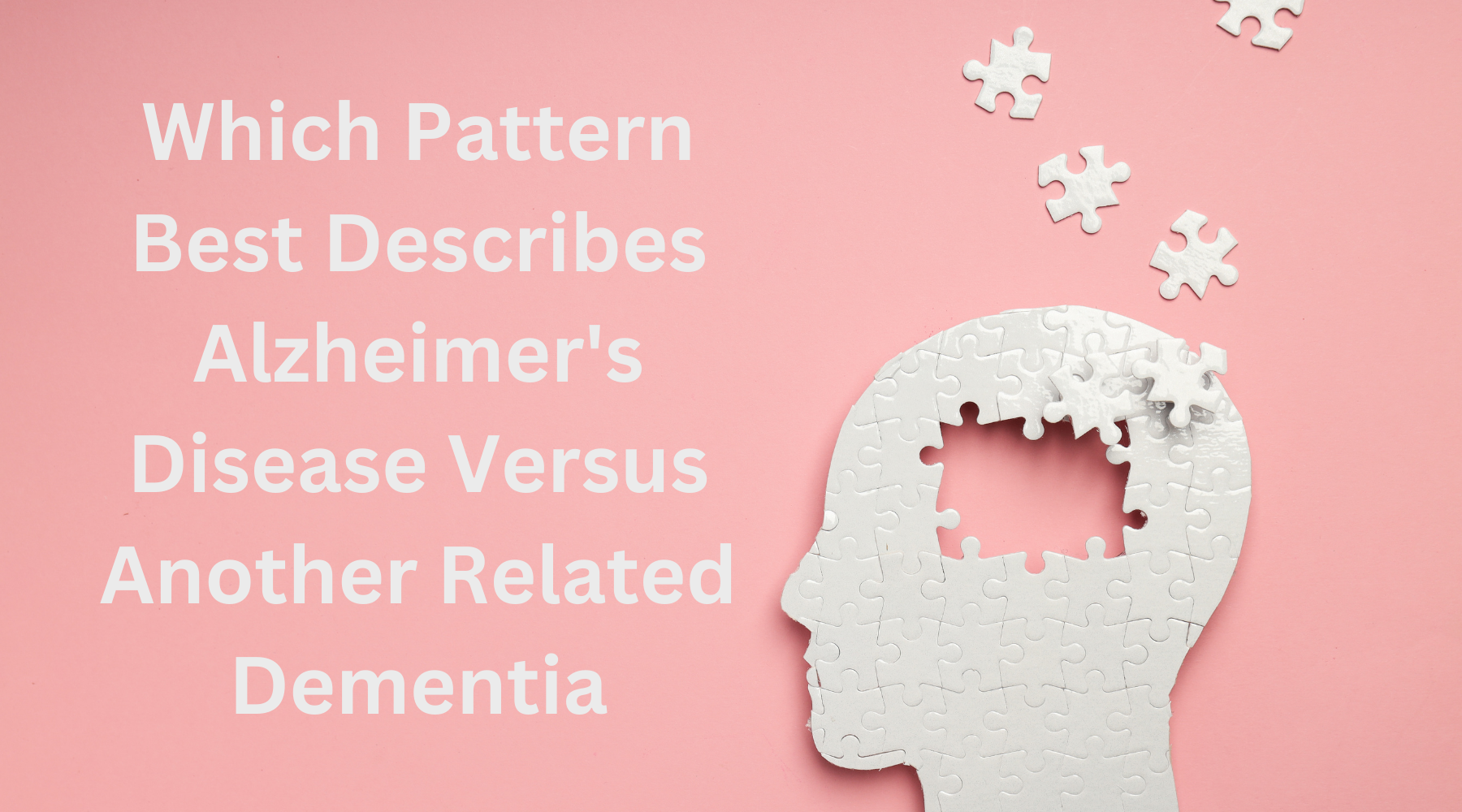 Millions of people worldwide, including their families and carers, are impacted by dementia, a complex and frequently tricky condition. Due to their overlapping symptoms, Alzheimer's disease and other similar dementias can be challenging to diagnose. In this blog article, we'll look at the characteristics of Alzheimer's disease that set it apart from other dementias and speculate on Shilajit's potential as a therapeutic option.
Millions of people worldwide, including their families and carers, are impacted by dementia, a complex and frequently tricky condition. Due to their overlapping symptoms, Alzheimer's disease and other similar dementias can be challenging to diagnose. In this blog article, we'll look at the characteristics of Alzheimer's disease that set it apart from other dementias and speculate on Shilajit's potential as a therapeutic option.
Common symptoms of dementia include:
- Memory loss
- Difficulty thinking and solving problems
- Difficulty with language and communication
- Changes in personality and behavior
- Difficulty with daily activities
Understanding dementias like Alzheimer's and others
Alzheimer's disease (AD): Alzheimer's disease accounts for 60–70% of instances of dementia, making it the most prevalent type. Its defining characteristics are progressive memory loss, behavioural abnormalities, and cognitive deterioration. In the brains of people with AD, abnormal protein deposits, such as amyloid plaques and tau tangles, are frequently discovered.
Other Related Dementias: Various types of dementia exist, such as Frontotemporal Dementia, Lewy Body Dementia, and Vascular Dementia. Each one has unique traits and underlying causes. For instance, Lewy Body Dementia is linked to aberrant protein deposits called Lewy bodies, whereas Vascular Dementia is often brought on by decreased blood flow to the brain.
Making the Difference Between Alzheimer's and Other Dementias:
Even though Alzheimer's and other dementias have some similar symptoms, there are a few patterns that can assist in distinguishing between them:
Behavioural symptoms vs. memory symptoms:
Alzheimer's disease: Memory issues, such as forgetting recent events or discussions, frequently precede Alzheimer's.
Other Dementias: Behavioral symptoms, including mood swings, hallucinations, or abrupt personality changes, may be the first signs of different dementias.
Beginning and progression
Alzheimer's disease usually proceeds slowly, with symptoms getting worse over time.
Other Dementias: Some dementias, such as Frontotemporal Dementia, may start suddenly and progress quickly.
Fundamental Causes:
Amyloid plaques and tau tangles serve as diagnostic markers for Alzheimer's disease.
Other Dementias: Each type of dementia has a unique underlying cause that diagnostic procedures like brain imaging can discover.
Other types of dementia include:
- Vascular dementia
- Lewy body dementia
- Frontotemporal dementia
- Mixed dementia
Shilajit's Potential Role
The use of shilajit, a naturally occurring chemical derived from hilly areas, to manage cognitive decline has been researched for its possible health advantages. While the study is ongoing, the following Shilajit components might help treat dementia:
Shilajit has antioxidant properties that can help fight oxidative stress, a factor in neurological illnesses like Alzheimer's.
Shilajit is traditionally used to support memory and cognitive function, which may benefit those with dementia.
Effects on Inflammation: According to some research, Shilajit may have anti-inflammatory qualities that could lessen inflammation in the brain, a prevalent symptom of many dementias.
Conclusion:
Due to overlapping symptoms, distinguishing Alzheimer's disease from other similar dementias can be difficult. The kind of memory or behavioural symptoms, the rate of advancement, and underlying reasons are examples of patterns that can help with diagnosis and treatment choices.
Shilajit may be considered an additional component of the overall dementia care strategy due to its potential cognitive function advantages and antioxidant characteristics. It should be used cautiously and under medical supervision when combined with other suggested therapies or interventions.
Navigating the complexity of dementia, including Alzheimer's disease, seeking advice from healthcare professionals, gaining caregiver support, and researching potential complementary treatments like Shilajit can all help those affected by these problematic conditions enjoy a higher quality of life.